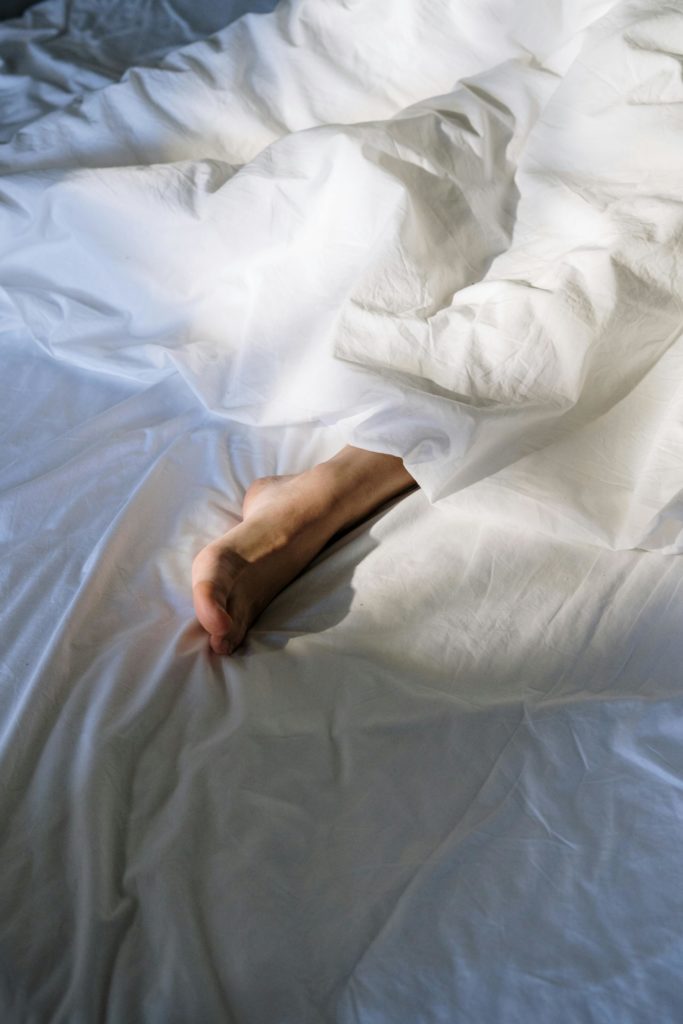
On the topic of self-care, you’ve probably heard a lot of advice telling you to rest your body. Rest – including sleep and relaxation is vitally important to our well-being. In fact, sleep is a more effective form of self-care than a two-hundred-dollar massage as optimized sleep is linked to many health benefits.
Our unique individualism makes us have different sleep needs. You may thrive on six hours of sleep, while someone else would need nine hours to even be able to get through the day.
How Do I Know How Much Sleep I Need?
Pay close attention to the common signs that suggest you haven’t gotten enough sleep. Some of the signs include:
- Feeling drowsy or falling asleep during the day, especially during calm activities like sitting in a movie theater or driving
- Falling asleep within 5 minutes of lying down
- Needing an alarm clock to wake up on time every day
- Having a hard time getting out of bed every day
- Mood swings
- Forgetfulness
- Trouble focusing on a task
- Sleeping more on days when you don’t have to get up at a certain time
How Do I Keep Track of How Much Sleep I Get?
In keeping track of how much sleep we get, a lot of us overestimate sleep, forgetting about periods of wakefulness at night. You may be in bed for eight hours a night, but only get five hours of sleep fragmented into small segments.
There are tools that can help keep track of how much you sleep. Many are wearable trackers that go over your fingertip or can strap to your wrist. Others clip onto your pillow or sit on your bedside table.
Not only sleep deprivation can impact your health and wellbeing, it can also be dangerous to the safety of others. It is estimated that 328,000 drowsy driving conditions occur each year, 109,000 of which result in injury, with about 6,400 being fatal.
If you’re struggling with sleep and haven’t been able to fix your sleep problems, make sure that you talk to your health practitioner.